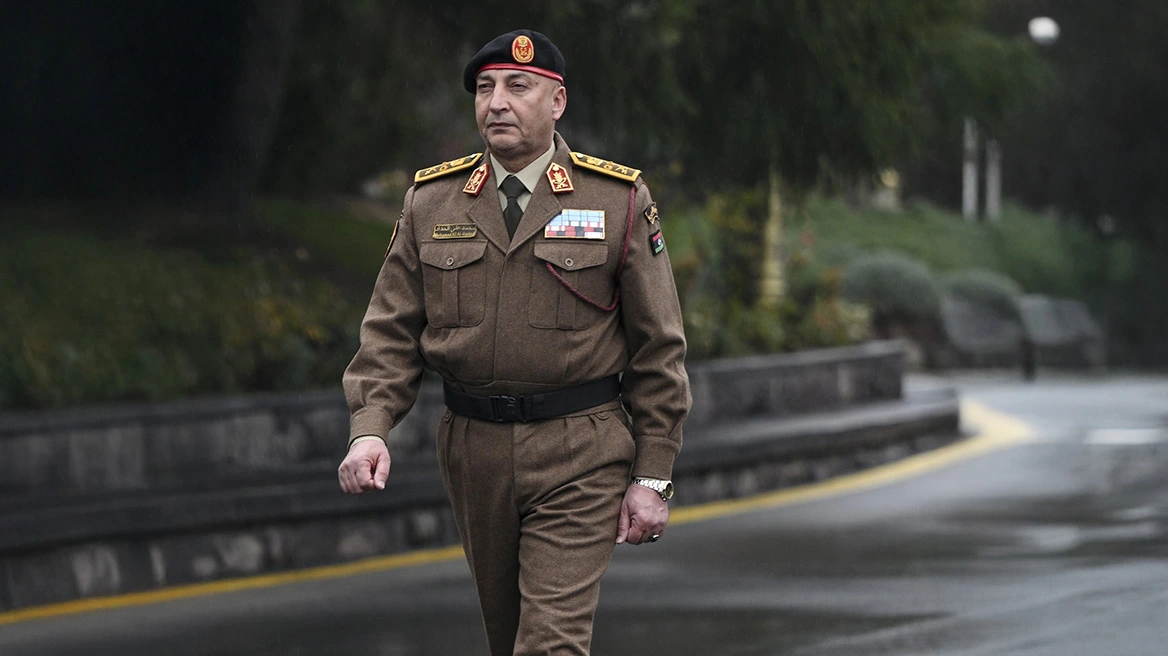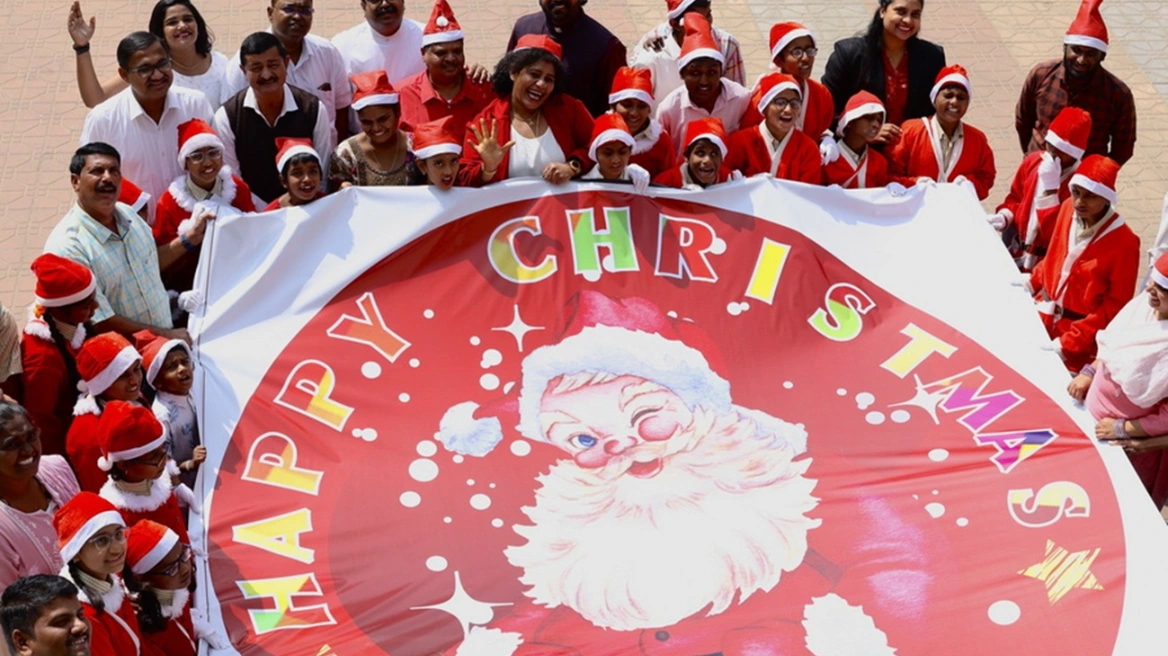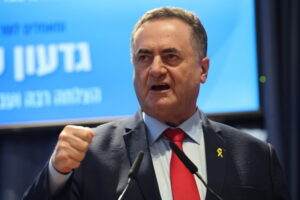The Ministry of Justice is organizing the reintegration of juveniles aged 12 to 18 who are convicted of relatively minor offenses—excluding felonies—using three tools to keep them out of prison: sports, culture, and community service.
Goal: Reintegration
Regarding community service, sources from the Ministry of Justice provided the following example: a minor caught defacing a statue could work alongside art conservators. “Our goal in such cases is not punishment but reintegration into society,” the same sources emphasized.
In the coming period, the Ministry of Justice, in collaboration with the Ministry of Culture, plans to take legislative action enabling such rehabilitative measures to be implemented in archaeological sites and museums. For instance, minors could participate in excavations, maintenance of ancient monuments, or restoration of artworks and icons.
The Ministry of Culture also foresees involving juvenile offenders in artistic projects, such as organizing theatrical performances where the child could participate either on stage or backstage. Minister of Justice Giorgos Floridis, in cooperation with Deputy Minister of Sports Giannis Vroutsis, has already defined the framework for implementing the “rehabilitative measure of attending sports programs and participating in sports clubs.” In the next 24 hours, a Joint Ministerial Decision (JMD) will be signed, opening the way for convicted juveniles to join sports clubs.
The JMD will also define the rules for implementing sports programs and for the participation of juvenile offenders in sports clubs.
Engagements with Football Clubs
As part of expanding rehabilitative measures, Mr. Floridis set up a working group to prepare the pilot implementation of these new initiatives.
Members of this group held necessary meetings and contacts to implement the measures. In fact, some members visited four cities—Chania, Lasithi, Kastoria, and Ioannina—as part of implementing these measures. In these cities, they met with judicial and prosecutorial officials (who will enforce the new regulations) and sports clubs interested in participating and accommodating minors.
A similar meeting was held at the Ministry of Justice with the participation of sports clubs from Athens and Piraeus, including AEK, Panathinaikos, Olympiacos, Panionios, Milon, and other football organizations.
These meetings revealed significant interest in implementing the measures, with all stakeholders expressing satisfaction with the concept of integrating juveniles involved in minor offenses into sports and cultural activities.
According to the JMD, “the rehabilitative measure of attending sports programs and participating in sports clubs is fundamentally pedagogical and requires respect for the minor’s personality throughout its implementation by all parties involved.”
The ministerial decision specifies that “the choice of the rehabilitative measure, its content, and duration adhere to the principle of proportionality regarding the gravity of the act committed, the minor’s personality, prior involvement in sports, skills, and living conditions.”
Responsibilities During Program Implementation
According to Article 6 of the JMD, during the program, minors must follow the sports training schedule and the rules of the sports club they join, cooperating with their coach and teammates.
In case of illness or other significant obstacles, the minor must inform their juvenile probation officer and coach to make up for the missed hours if possible.
The minor is also obliged to collaborate with their probation officer during their participation in the sports program, notifying them of any issues they face during its implementation.
However, the minor “is not obligated to participate in the sports program beyond the scheduled training hours outlined in the cooperation protocol unless they wish to take part in club competitions.”
Implementation of Measures
Such rehabilitative measures for juvenile offenders may be imposed by:
- A prosecutor’s order, if they decide not to pursue criminal charges against the minor.
- A juvenile investigator’s order regarding restrictive conditions for a juvenile offender.
- A Juvenile Court for offenders aged 12 to 15 when responsibility for the offense lies with another party, or for offenders over 15 years old if detention in a special youth facility is deemed unnecessary. In such cases, only a rehabilitative measure may be imposed.
- A Juvenile Court to replace restrictive measures previously imposed on a minor.
If a minor fails to comply with their obligations toward the sports club, the provisions of Article 124 of the Penal Code may be applied, allowing the court to replace rehabilitative measures with stricter alternatives.
Cooperation Protocol
The rehabilitative measure of attending sports programs and participating in sports clubs “is conducted on specific days of the week outside school, educational, or work hours, ensuring it does not interfere with the minor’s obligations.” The duration of the rehabilitative measure is determined by the court ruling.
If the minor voluntarily participates in competitive activities of the sports club, this becomes part of their program.
However, for competitive or training activities, the minor must obtain an athletic identity card and a health card.
The sports club where the minor participates in the rehabilitative program is recommended by the juvenile probation officer, who also selects the rehabilitative measure itself.
The Juvenile Probation Service oversees the signing of the Cooperation Protocol for the minor’s participation in the designated sports club while ensuring that the minor’s personal data and the offense committed are protected under Data Protection Law (N.4624/2019).
The protocol is signed by:
- The sports club,
- The minor,
- The juvenile probation officer responsible for overseeing the measure,
- At least one parent or legal guardian.
The protocol includes:
- Details of the sports club and minor,
- The sports program attended by the minor,
- The exact duration and timeframe of participation,
- The minor’s rights and obligations,
- The responsibilities of the Juvenile Probation Service,
- The supervisor appointed to oversee the implementation of the rehabilitative measure.
Supervision
The juvenile probation officer will collaborate closely with the designated supervisor from the sports club, who is jointly responsible for overseeing the rehabilitative measure.
The supervisor must “monitor the minor’s adherence to obligations and provide necessary guidance and support.” Additionally, the supervisor collaborates closely with the probation officer, meets with them, and informs them about the program’s progress and the minor’s overall behavior.
The probation officer will visit the minor during events or training sessions at regular intervals, as deemed necessary, or upon invitation from the club or minor.
The president of the Juvenile Court, the Juvenile Prosecutor, and the juvenile investigator oversee the broader implementation of the measure and can request updates on the minor’s progress.
Insurance and Costs
Minors subject to this rehabilitative measure are covered by e-EFKA accident insurance if no other guardian provides coverage. The insurance cost is set at 1% of the base salary of an unmarried employee over 25, with related expenses covered by the Ministry of Justice’s budget.
The estimated cost of these measures is up to €49,000 annually for each of the following fiscal years.
Event at OAKA
The required sports equipment for training and competitive activities is provided by the sports club.
However, expenses for sports equipment, health card issuance, and transportation to and from training sessions are covered by the Ministry of Justice’s budget.
Before Christmas, Justice Minister Giorgos Floridis and Deputy Sports Minister Giannis Vroutsis will organize a special event at OAKA, with participation from major football clubs.
During the event, the ministers will present the content of the ministerial decision that protects and reintegrates juvenile offenders, instilling values of sportsmanship and culture.
Ask me anything
Explore related questions





